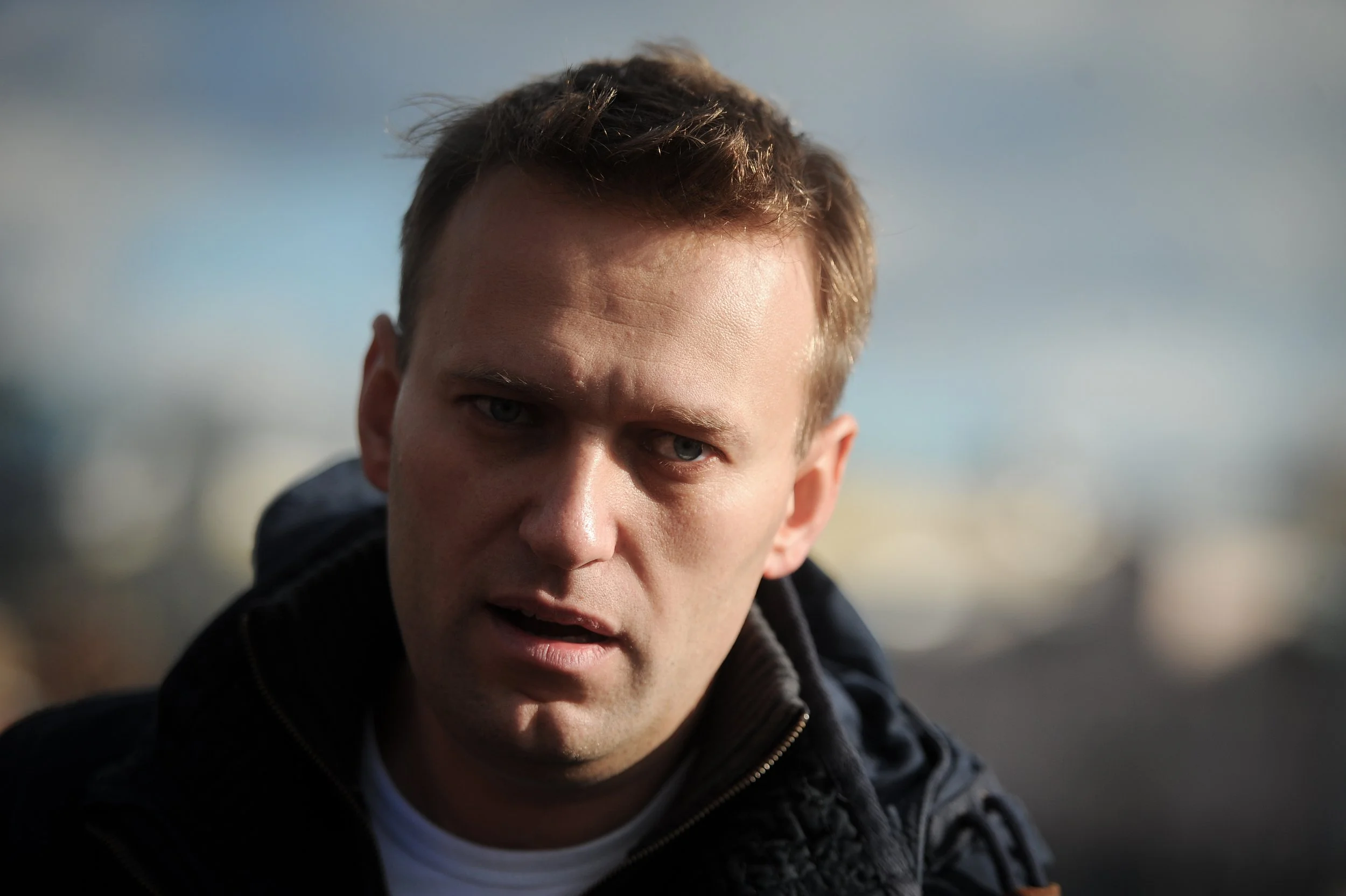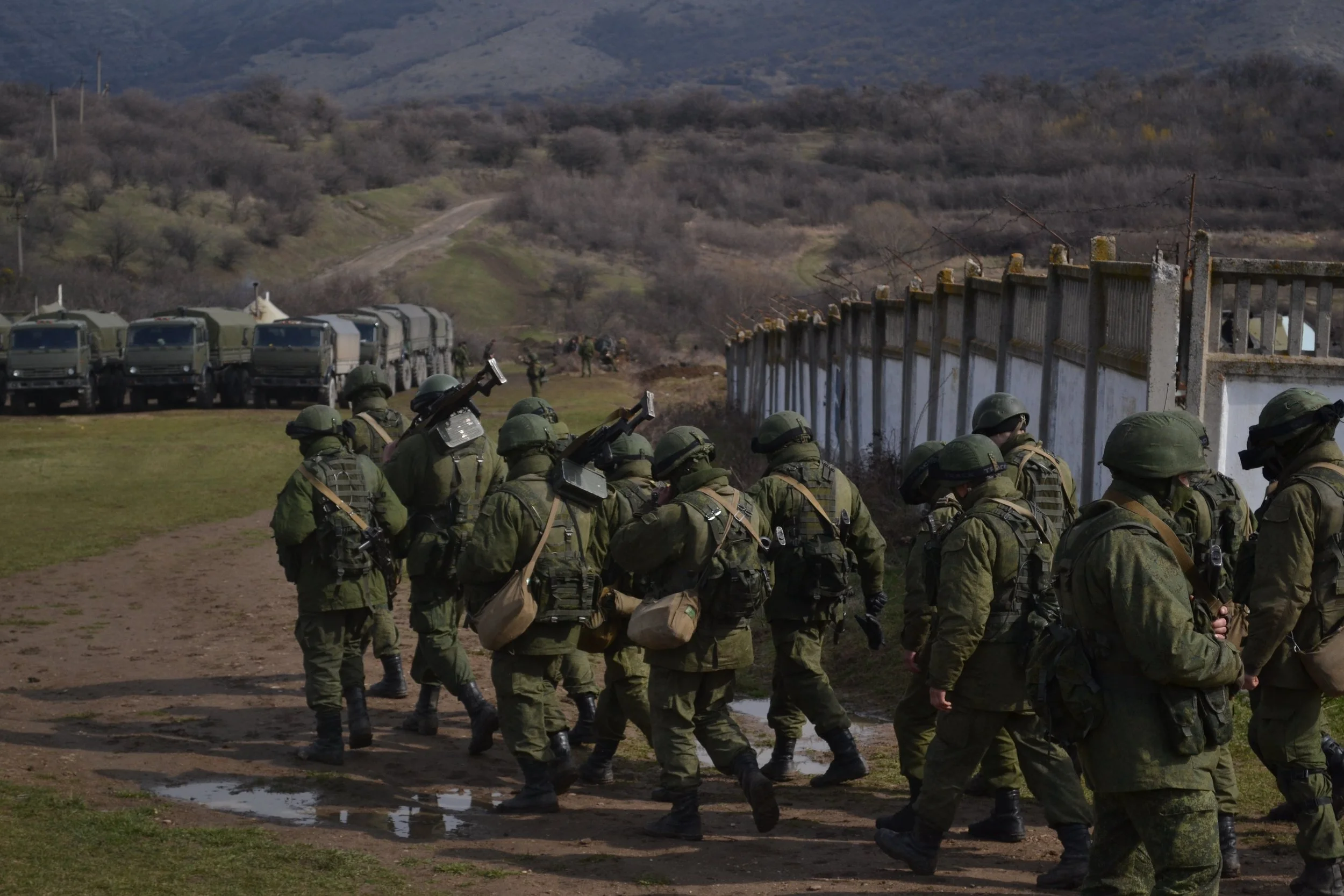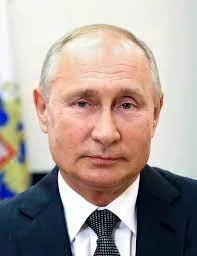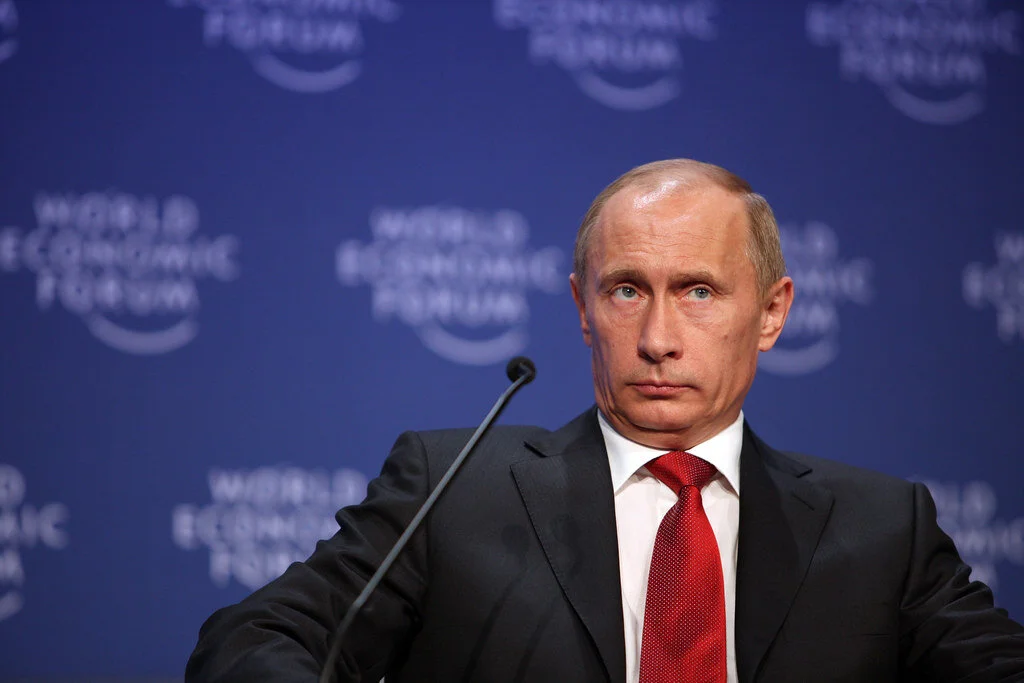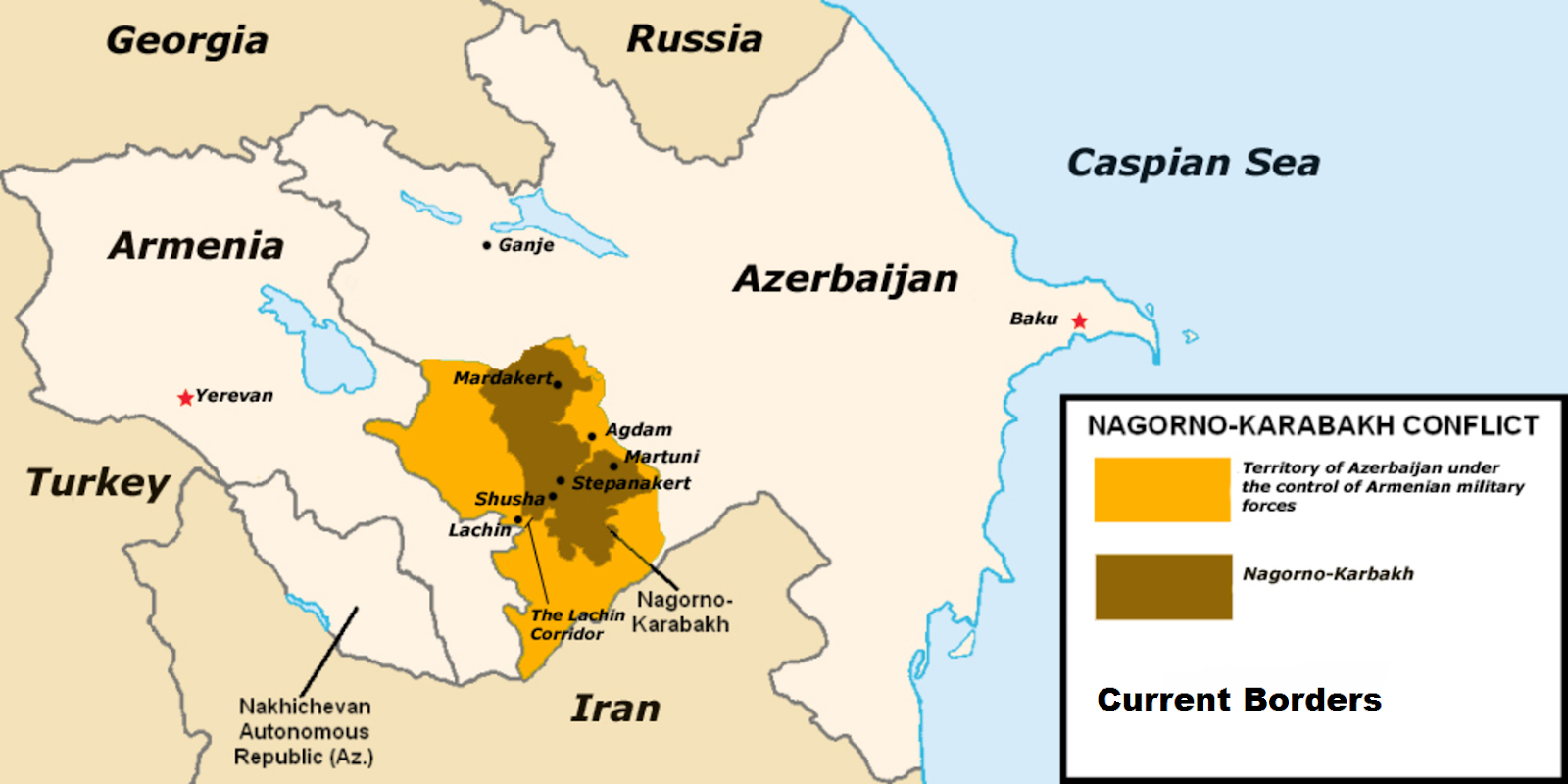Alexei Navalny, one of Putin’s most formidable opponents, dead at 47
Russian police raid LGBTQ bars in Moscow following anti-LGBTQ ruling
Online recruiters trick Cubans into fighting in Russia’s war
In recent months, online personalities have been recruiting Cuban nationals to fight for Russia in the war with Ukraine through platforms such as Facebook and WhatsApp. While initially promised money and employment, they are then forced to the front lines of the war upon arriving in Russia, CNN reported.
Wall Street Journal reporter stationed in Moscow arrested on spy charges
On March 30, 2023, the Russian Federal Security Service announced that they had detained Evan Gershkovich, an American reporter for The Wall Street Journal, and were opening an espionage case against him, The Guardian reported. According to CNN, the FSB has charged Gershkovich with attempting to “obtain state secrets.” Almar Latour, chief executive of Dow Jones, the company that publishes The Wall Street Journal, has staunchly denied this allegation.
Germany and the United States donate tanks to Ukraine, motivating other countries to send military aid
Over the past week, discussion of Germany donating Leopard 2 tanks to Ukraine has created upheaval in the international community. On Jan. 20, 2023, The New York Times reported that “billions of dollars in new arms for Ukraine” from NATO allies were announced, “including British tanks, American fighting vehicles and howitzers from Denmark and Sweden.” This is in light of the plan for Ukraine to go on the offensive in the spring, which is creating a pressing timeline for countries to equip Ukraine with much-needed supplies.
Russian Club hosts lecture on Russian and Ukranian art
On Thursday, Oct. 20, the Mount Holyoke College Russian Club hosted a talk entitled “The Black Square Goes Where?: (Re)locating Ukrainian Artists in the Russo-Soviet Avant-Garde.” The lecturer, Professor Daniel Brooks, is a visiting lecturer in Russian and Eurasian Studies at Mount Holyoke, and a Russian language and literature expert. His talk discussed Russian and Ukrainian art throughout history, grounding art in location, historical context, culture and language.
Mount Holyoke community reflects on racial discrimination faced by Africans at the Ukranian border
In the wake of Russian military forces invading Ukraine on February 24, Mount Holyoke’s McCulloch Center for Global Initiatives organized “War in Ukraine: Why? What Next?” This event was held virtually on March 8. The event, moderated by Professor of Politics and Chair of International Relations Sohail Hashmi, featured Professor of Russian Studies Stephen Jones, Assistant Professor of International Relations and Politics Christopher Mitchell and Cyrus Vance Visiting Professor in International Relations Natalie Sabanadze, who shared an in-depth discussion regarding the invasion. One of the main topics of discussion was the differences between how this war is portrayed by the media as opposed to conflicts in the Global South. Additionally, the speakers discussed the racism being faced by African and Black refugees fleeing Ukraine.
Russia invades Ukraine; US and others impose sanctions
Early in the morning of Feb. 24, Russian military forces began invading Ukraine. According to NBC News, Russian President Vladimir Putin declared a “special military operation” in eastern regions of Ukraine, but in a matter of hours, land attacks as well as air strikes occurred in eastern and northern areas of the country.
Russia threatens Ukraine with increased military presence at border
In December 2021, Russian President Vladimir Putin increased the presence of Russian troops on the Russia-Ukraine border. The New York Times reported that this maneuver was accompanied by demands that the North Atlantic Treaty Organization should violate its standing open-door policy, which permits any country to apply for membership, and bar Ukraine from ever applying for membership. In the same article, the Times reported that Putin also “wanted NATO allies to pull all troops and nuclear weapons from former Soviet republics and nations that once belonged to the Warsaw Pact.”
Russian parliamentary elections show growing dissatisfaction with United Russia party
Protests Break Out in Russia Against the Jailing of Aleksei Navalny
Tens of thousands of Russians have rallied to demand the release of jailed opposition leader Aleksei A. Navalny.
Protests initially broke out on Jan. 23 from civilians voicing widespread disappointment with the current government, which Russian President Vladimir Putin has presided over for almost two decades. The rallies continued to grow throughout the following week and spread across the nation despite a large police presence and state threats of jailing, according to The New York Times.
Armenia-Azerbaijan Border Is Exposed To Heaviest Fighting It’s Seen in Years
Photo courtesy of wikimedia commons
By Aditi Parashar ’22
Staff Writer
Armenia and Azerbaijan’s military forces have erupted into conflict, exposing their border to the heaviest fighting it has seen in years. The clashes began on Sept. 27, with both Armenia and Azerbaijan accusing the other of making the first move.
This conflict has been the most significant military escalation the region has witnessed since the last war between Armenia and Azerbaijan ended in 1994. Al-Jazeera reported that experts and citizens alike fear that this could end in a full-scale war. Laurence Broers, a South Caucasus expert, said in a BBC article that containing the conflict within days, as has happened previously, might not be possible due to the intensity this time around.
The decades-long conflict is centered around the battle between Armenia and Azerbaijan for control over the mountainous region of Nagorno-Karabakh, which is internationally recognized as a part of Azerbaijan but controlled by ethnic Armenians.
The tensions in the region began in 1988 while the two were still republics within the Soviet Union. As the Soviet Union began to dissolve, it gave formal control of the contested Nagorno-Karabakh region to Azerbaijan, despite the region having an Armenian ethinic majority. During the time in which formal control of the region was given to Azerbaijan, Armenians made calls for the control to be transferred to Armenia; the Nagorno-Karabakh regional parliament vote showed the residents of the area wanting the same.
Central Eurasian studies expert Michael P. Croissant explains the historical background in his book, “The Armenia-Azerbaijan Conflict: Causes and Implications.” “In August [of 1987] a petition signed by more than 75,000 Armenians was sent to General-Secretary Gorbachev, pleading for the Soviet leader to ‘reattach Mountainous Karabakh to Socialist Armenia,’” Croissant wrote.
Azerbaijan took steps to suppress this separatist movement because it wanted to maintain control over Nagorno-Karabakh. After Armenia and Azerbaijan both gained independence from Moscow in 1991, the region saw full-scale war due to the conflict of interest between the two countries. This resulted in tens of thousands dying in massacres and ethnic cleansings. Mass displacement led to a severe refugee crisis and various other human rights violations. The war lasted until 1994 and ended with a ceasefire; however, “Negotiations over decades, mediated by international powers, have never resulted in a peace treaty,” reported the BBC.
Nora Cyra ’21, a double major in international relations and Russian and Eurasian Studies, said: “The recent years have seen a notable increase in nationalist rhetoric from either side of the border. Both countries have emphasized how the other is an existential threat to the people, and placed great importance on how integral the Nagorno-Karabakh region is to each country’s national identity. The increasingly strong public opinion on both sides, especially following the 2016 outbreak of fighting, is that the only resolution can come from direct conflict.”
Shanze Hasan ’21, another international relations major, also weighed in on the conflict. “One of the major factors at play here is the desire for no compromise present on both sides. Both Armenia and Azerbaijan have hardened their positions on this conflict so considerably that it leaves no room for compromise to even be considered. When the other side has been vilified to the extent we see in these two countries, even if tomorrow both the governments decided to hold talks, the result of their aggressive propaganda would be seen in their own populations’ inability to accept such a move.”
The BBC reported that the scale and scope of the conflict has surpassed the periodic escalations the border has seen over the years, this time “involving heavy artillery, tanks, missiles and drones.” Cyra explained, “Azerbaijan and Armenia have increased their own militarization capabilities in a way that has had a direct impact on the level of militarization visible at the border and thus, the willingness of both countries to engage in battle.”
Cyra, who is completing her thesis on the resolution of intractable conflicts in the former Soviet Union, further elaborated, “The changing international landscape has also led to an increased involvement of the allies of both countries which we could see result in a wider regional power conflict.”
Turkey has historically been an ally to Azerbaijan and has lent its explicit support to the Azeri government. There currently exist no diplomatic relations between Turkey and Armenia.
The other key country which could potentially get drawn into the conflict is Russia. Russia maintains relationships with both Armenia and Azerbaijan, supplying them both with weapons. However, Russia has a military base in Armenia, and both are members of the Collective Security Treaty Organization, an intergovernmental military alliance. The BBC reported, “The longer that fighting goes on, and/or if one side is seen to be losing in a more protracted struggle, the more likely it is that Russia and Turkey will face difficult choices over whether to become more involved.”
U.S. and Russia pull out of nuclear treaty
BY CASEY ROEPKE
In the two years since Donald Trump’s inauguration, his relationship with Russia has been questioned many times. From Robert Mueller’s investigation of Russian interference in the 2016 presidential election to a dossier claiming Trump once paid prostitutes to urinate on a bed in Moscow, Trump and Russia have become inextricable in the American consciousness. However, this close relationship was strained when the U.S. government, under the instruction of President Trump, dropped out of a nuclear arms control treaty on Feb. 1. The move was matched by Russia, where President Putin also suspended the treaty.

